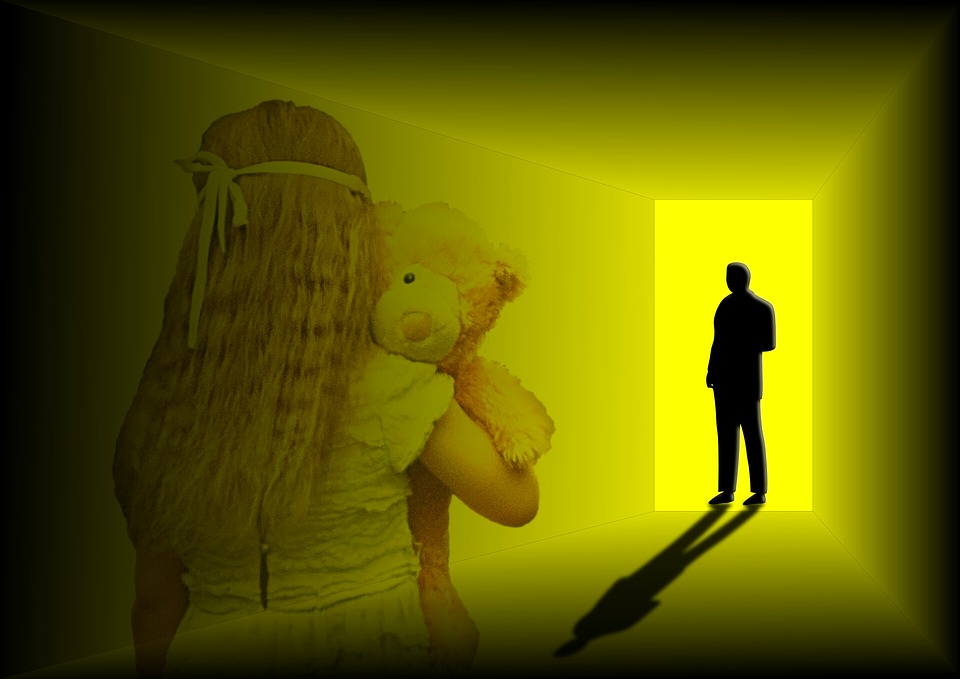One of the most difficult incidents a person can be situated in, is having the knowledge that a child has been abused. Whether the child is yours, your student, a family member or just someone you know, the whirl of emotions that take place can make you unable to react.
So, if you ever find yourself in this position, here’s how you should handle it:
Comfort the child
The first thing to do is to comfort the child and make them understand that it’s not their fault. Many children tend to feel guilty or ashamed as a result of what happened, but it is important to stress that it wasn’t their doing.
Instead of doubting their story, remember that it was really difficult and brave for them to speak out and that they chose you as their trusted comfort zone.
Now more than ever is when this child needs to feel love, acceptance, and support, so be sure to pass on these feelings to them and make them feel that you love them no matter what happens. That way, the child will not regret speaking up and will hopefully be willing to let you help them on their journey to recovery.
Remember that while you’ll be filled with anger and frustration, it is important not to take it out on the child as they’ve already been through enough.
Take action
There are several ways you can take action depending on the gravity of the situation; you need to take into account if the child is still in close contact with the predator or if they just happened to be in the wrong place at the wrong time.
There are two important ways to go about this; for starters, finding help for the child before anything else is crucial; try and get justice for them by speaking to someone with the experience and knowledge in child abuse cases legally, and seeing what the best way to go about this situation is to hold the predator accountable and have them pay the price.
The second thing to do is to seek professional help for the child.
Depending on the severity of the case, they might need medical intervention, psychiatric analysis, or just a specialist to help them get through the trauma. However, depending on each case, the treatment plan and what’s best for the child differ. It is important for a specialist to determine the best way to go about it.
Make sure the child is safe
Understanding who is to blame for this tragic ordeal is important not just to make them pay, but also to protect the child from this happening again in the future.
If the sexual abuse is happening in the household, it is essential that the child is taken out of their house and placed somewhere they’d not only be protected from this vicious predator, but also in a setting they feel familiar and comfortable with to prevent them from getting more anxious.
Going through such a traumatic experience is difficult for anyone to handle, let alone a child, and so it is important to make sure that they’re safe by keeping a close eye on them over the course of the next few weeks.
Report the abuse
One of the first things you should do is report the abuse and file a restraining order against the predator, especially if they’re someone in close proximity or if they deal with the child on a regular basis.
Most people are afraid to speak up and take action out of fear of how it can impact the child or the reputation of the family. However, it is about time to stop protecting the person at fault out of fear—they need to understand that these actions will not go unnoticed.
Reporting the abuse will not only be the first step toward getting revenge for the child, but will also help prevent other children from being hurt by the same person. Whether it’s because they’re locked behind bars or finally understand that they will not get away with it, reporting the abuse could protect many other children.
Speaking up about sexual abuse is a very difficult thing to do, so when the child has the courage to do that, it is essential to do everything you can to comfort them, and to make sure that they’re safe.
It’s time to fight the stigma surrounding child abuse and encourage more victims to speak up in order to make the people pay for what they did, instead of just letting them get away with it out of fear or shame.





